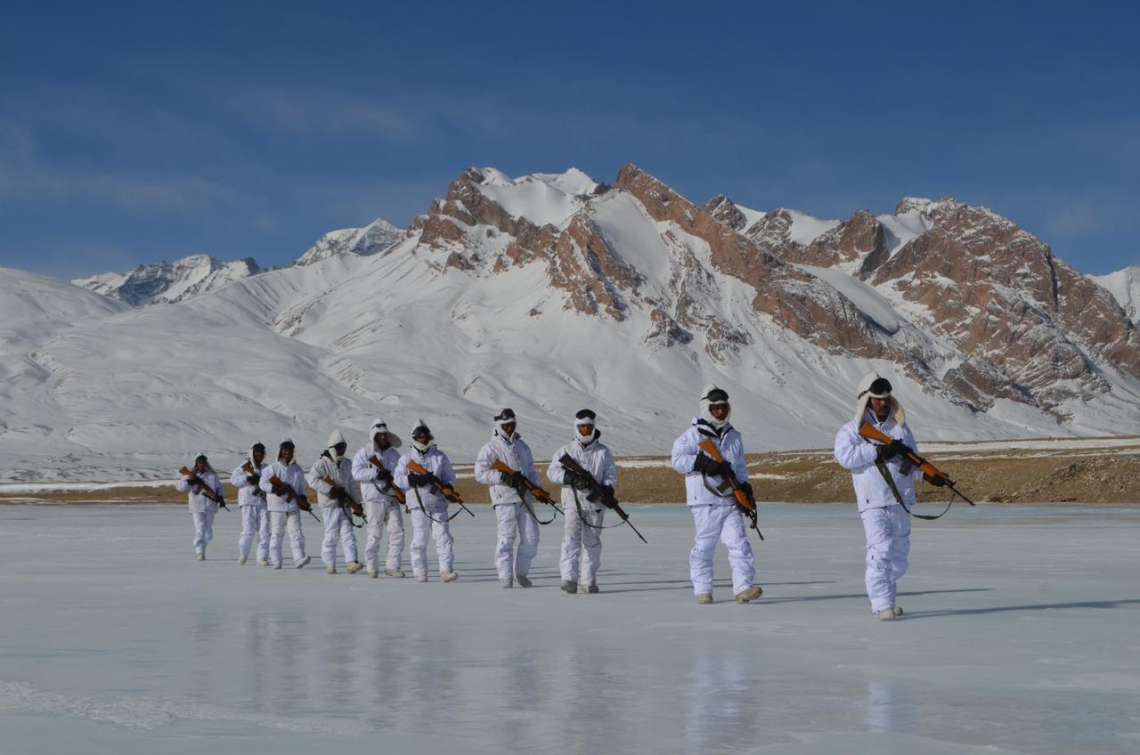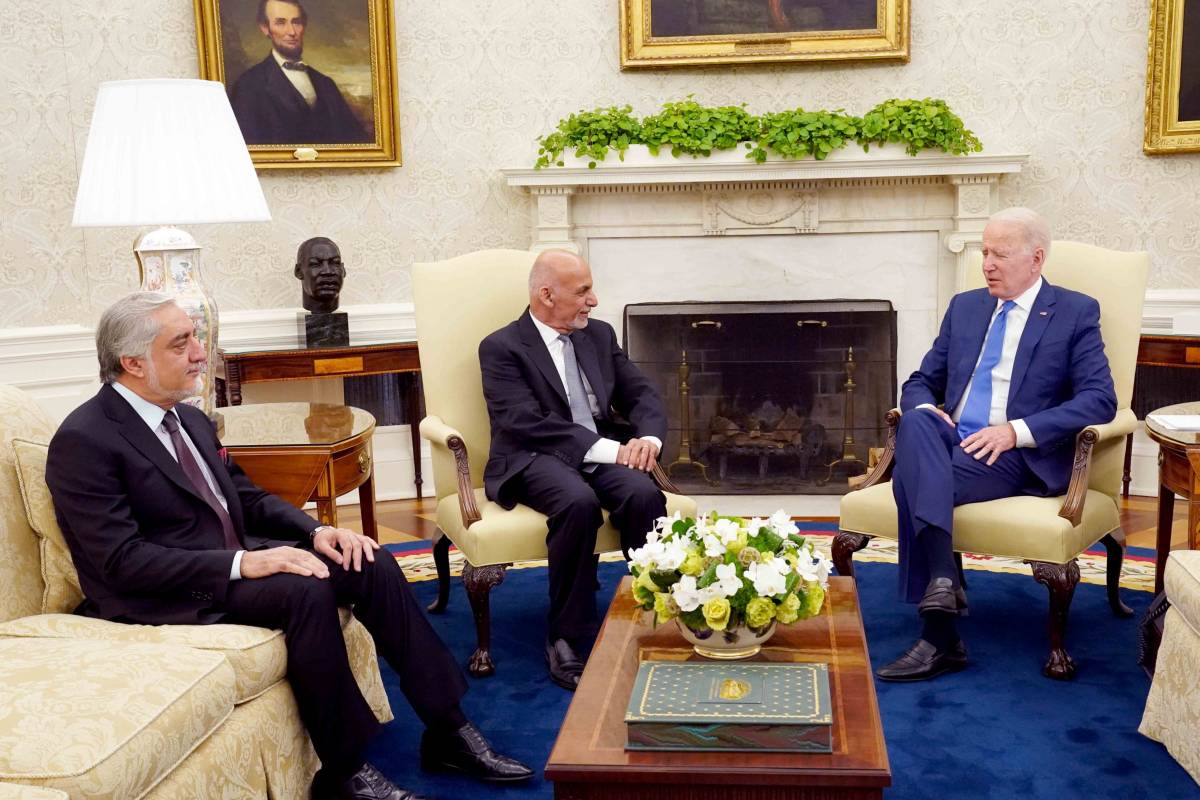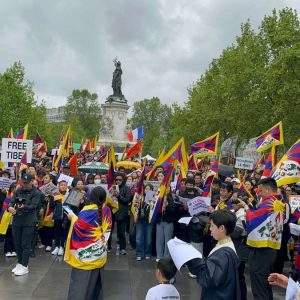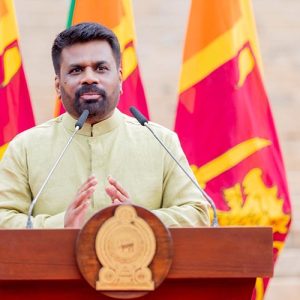Some firms have already reduced their presence in Hong Kong because of the political upheaval…report Asian Lite News
With closure of Apple Daily, a pro-democracy newspaper in Hong Kong, businesses including tech, media and banks are in fear of the possible end of their businesses in the city as China tightens its grip on a city.
Michelle Toh from CNN in her report said that Hong Kong has for decades been a critical hub for foreign businesses looking to engage with China. While Beijing largely regulates how overseas companies do business in the mainland, Hong Kong offered them the ability to operate without heavy restrictions on investment and other operations.
Media organizations have traditionally had greater freedom in Hong Kong than in the mainland, where Beijing’s state-run publications are omnipresent and where foreign outlets have strict rules to follow on how they employ journalists. Tech firms, too, face major roadblocks in mainland China, with companies like Google effectively cut out altogether.
But Beijing has been moving aggressively to bring Hong Kong into line since 2019, when mass pro-democracy demonstrations broke out across the city. The national security law was the most obvious symbol of that tightening, raising questions about the city’s future as an international business center — particularly for media or tech companies that deal with delicate or contentious information.
Stefan Schmierer, managing partner at Ravenscroft & Schmierer, a Hong Kong-based law firm that advises international companies said: “If you have sensitive data, and if you don’t want that sooner or later the Hong Kong police is standing in front of your door, take your sensitive data out of Hong Kong.”
Some firms have already reduced their presence in Hong Kong because of the political upheaval. Last summer, The New York Times moved its digital news operation for Asia from Hong Kong to Seoul, citing the potential impact of the security law, CNN reported.
Investing advice website Motley Fool and TikTok also pulled out from the city. Big Tech players have also expressed reservations. Last July, Facebook (FB), Google (GOOGL) and Twitter (TWTR) said that they would pause the review of requests for user data from the city’s government.
Last year, the German Chamber of Commerce wanted to host a seminar in Hong Kong on the national security law, but couldn’t find any law firms willing to participate, according to Schmierer.
Kevin Lai, Chief economist for Asia excluding Japan at Daiwa Capital Markets, said he had also noticed a shift among fellow analysts and economists, adding that many have been “more quiet than in the past.” “There may have been some self censorship,” he said.
Last December, HSBC (HBCYF) faced scrutiny after Hong Kong police froze the bank accounts of former pro-democracy lawmaker Ted Hui and his family after Hui announced he was going into exile. Police alleged that Hui misappropriated funds raised through a crowdfunding campaign, claiming that he violated the national security law by colluding with foreign powers to undermine national security. HSBC said at the time that it had “to abide by the laws of the jurisdiction in which we operate.”
But the incident led to a furore among foreign politicians, and HSBC CEO Noel Quinn was summoned to appear before British lawmakers for questioning in January.
The bank has continued to experience tension in Hong Kong, its biggest market. This week, for example, the bank was forced to apologize to customers in the city after confusion over a reported change to its terms of service.
Almost exactly one year after the introduction of Chinese national security law, tabloid Apple Daily was forced to close down this week after its journalists were arrested and millions of dollars in assets were frozen. A dramatic police raid on its newsroom, a government notice served on its headquarters and the seizing of bank accounts stoked fears about press freedom and property rights. (ANI)
ALSO READ: Xi’s Favourite Wolf Warrior Diplomacy Is Backfiring














